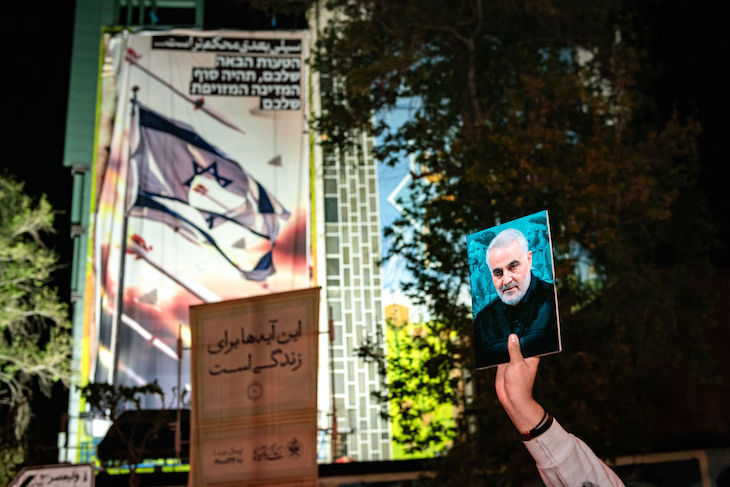Lord Renwick, the Labour peer and former Foreign Office mandarin, used to say that young diplomats of a certain breeding suffered from the ‘Wykehamist fallacy’. This, he said, was the tendency to assume that even the most bloodthirsty despot had an inner civilised chap of the sort one might find at Winchester College.
Already a subscriber? Log in
Subscribe for just $2 a week
Try a month of The Spectator Australia absolutely free and without commitment. Not only that but – if you choose to continue – you’ll pay just $2 a week for your first year.
- Unlimited access to spectator.com.au and app
- The weekly edition on the Spectator Australia app
- Spectator podcasts and newsletters
- Full access to spectator.co.uk
Or




















Comments
Don't miss out
Join the conversation with other Spectator Australia readers. Subscribe to leave a comment.
SUBSCRIBEAlready a subscriber? Log in